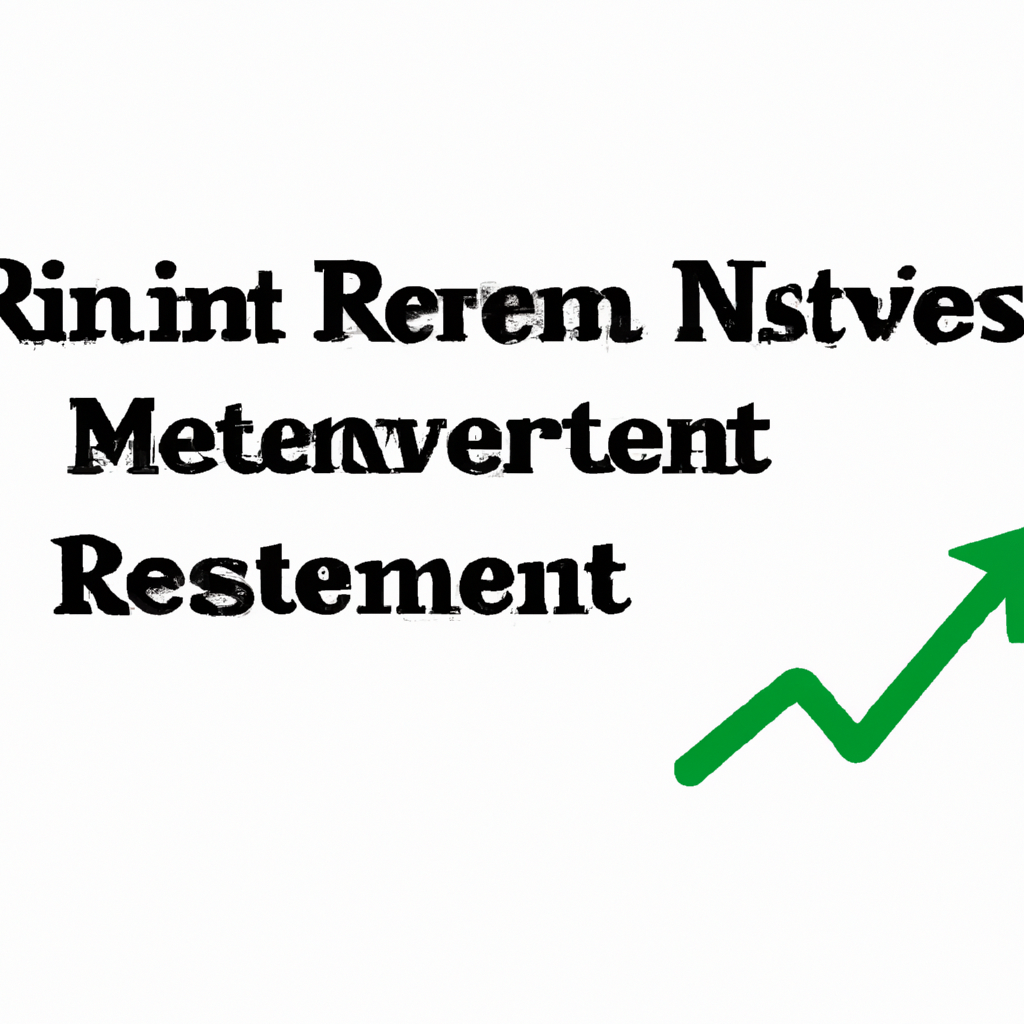
Investment Tips for Maximizing Returns
Introduction
Investing is a crucial step towards financial growth and security. Whether you are a seasoned investor or just starting out, it is important to have a well-defined strategy to maximize your returns. In this article, we will discuss some valuable investment tips that can help you achieve your financial goals.
Diversify Your Portfolio
Diversification is one of the fundamental principles of investing. By spreading your investments across different asset classes, industries, and geographical regions, you can minimize the risk associated with any single investment. Consider allocating your funds to a mix of stocks, bonds, real estate, and other investment vehicles to create a well-balanced portfolio.
Do Your Research
Before investing in any asset, it is essential to conduct thorough research. Understand the company or sector you are investing in, analyze its financials, growth prospects, and competitive landscape. Stay updated with market trends and economic indicators that may impact your investment. A well-informed investor is better equipped to make sound investment decisions.
Set Clear Investment Goals
Define your investment goals and align your investment strategy accordingly. Are you investing for retirement, buying a house, or funding your child’s education? Each goal may have a different time horizon and risk tolerance. By setting clear goals, you can choose suitable investment options that align with your objectives.
Consider Long-Term Investing
Investing with a long-term perspective can yield significant returns. Short-term market fluctuations are common, but by staying invested for the long haul, you can ride out the volatility and benefit from compounding returns. Avoid making impulsive decisions based on short-term market movements and focus on the long-term potential of your investments.
Regularly Review and Rebalance
It is important to review your investment portfolio periodically and rebalance it if necessary. As market conditions change, certain assets may outperform or underperform. Rebalancing involves selling some of the investments that have done well and reinvesting the profits into underperforming assets. This helps maintain the desired asset allocation and reduces the risk of being overexposed to a particular investment.
Consider Dollar-Cost Averaging
Dollar-cost averaging is an investment strategy where you invest a fixed amount of money at regular intervals, regardless of market conditions. By doing so, you buy more shares when prices are low and fewer shares when prices are high. This strategy helps mitigate the impact of short-term market fluctuations and allows you to accumulate more shares over time.
Stay Disciplined and Avoid Emotional Investing
Investing should be based on rational decision-making rather than emotions. Avoid making impulsive investment decisions based on fear or greed. Stick to your investment plan and resist the urge to time the market. Emotional investing often leads to poor outcomes and can hinder your long-term investment goals.
Seek Professional Advice
If you are unsure about investing or lack the time to manage your portfolio, consider seeking professional advice. Financial advisors can provide personalized guidance based on your financial situation, risk tolerance, and investment goals. They can help you develop a customized investment plan and provide ongoing support to ensure your investments are on track.
Conclusion
Maximizing returns on your investments requires careful planning, research, and discipline. By diversifying your portfolio, setting clear goals, and staying informed, you can make informed investment decisions. Remember to review your portfolio regularly, stay focused on the long-term, and seek professional advice when needed. With these investment tips, you can increase your chances of achieving your financial objectives and securing a brighter future.





